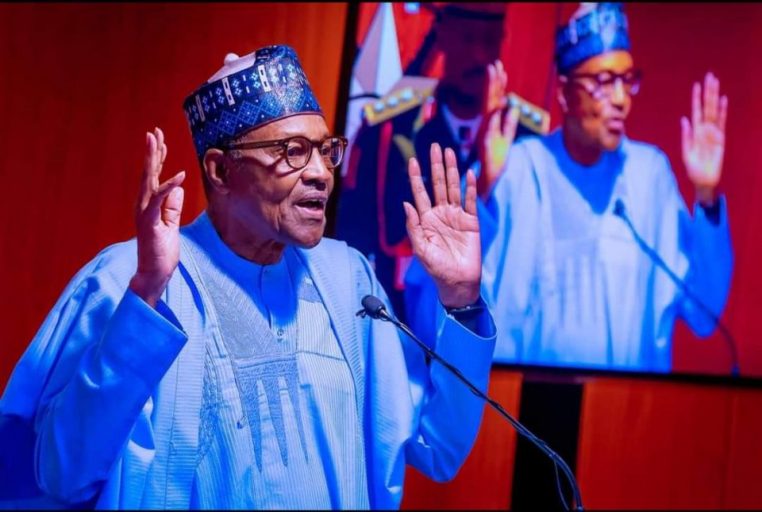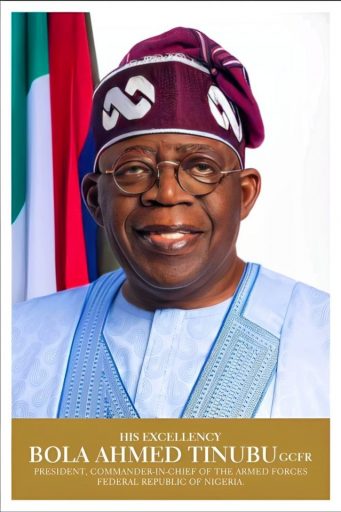As he marks his 81st birthday on Sunday December 17th, roughly six months after the completion of his two terms as President of Nigeria, Muhammadu Buhari’s story continues to resonate with a nation that values honesty, accountability and compassion.
It is an occasion to reflect on 13 top facts in the life of the former President, moments to remember as he quietly marks this birthday in his hometown, Daura with clear directives that there will be no public events marking the occasion.
The first thing to say is that he was born on 17 December 1942, in the historic town of Daura now in Katsina State. His father was called Mallam Hardo Adamu, a Fulani chieftain from Dumurkol in Mai’Adua local government area and his mother, whose name was Zulaihat, had Hausa and Kanuri ancestry.
Two, Buhari joined the army soon after leaving secondary school and had never worked outside the military until his retirement after the attainment of the high rank of a general.
As an officer, he participated in in the civil war throughout the period it lasted and did not, even once, to leave the front with excuses or frivolous reason as many had done. He did not suffer any Injury throughout the war and was a participant in the coups and counter coups that characterized the period of his service.
He commanded all but one of the Army’s four divisions, served as Military Secretary-a position he used to good effect, regularizing the records of all officers, and for which reason he got the shock of his life when, in the run up to the 2015 presidential election, a politically-motivated Army Records Officer said Buhari’s secondary school certificate was untraceable-and thereafter becoming Military Head of State after serving as governor and minister, petroleum.
Three, Buhari’s election victory in 2015 was an important milestone in his political career having run for the office thrice, each time ending up in the Supreme Court contesting the outcomes before this time when won a decisive mandate, with his party scoring the highest number of seats in the National Assembly and the control of an equally high number of states across the federation. This victory marked the beginning of his tenure as the President of Nigeria, and upon the completion of his constitutional two terms, he handed over to another party man, Asiwaju Bola Ahmed Tinubu as president.
Four, in the exercise of the powers of his office, President Buhari’s approach to governance often mirrored that of a board chairman, emphasizing accountability, efficiency and performance. This was a good model. He hired the best hands he could lay his hands on, gave them the needed resources and the latitude of authority to give the best they could to the nation, although he never missed a chance to speak directly to the concerned ministers, permanent secretaries, heads of agencies and business leaders to remove bottlenecks.
As attested to by at least two of his key ministers, Governor Fashola and Zainab Ahmed, President Buhari never called for a day ask for personal favor or to say pay this or that person, give this or that contract to this or that other person.
On a particular day the President called Lai Mohammed, his Minister of Information and Culture to ask for a favor, Lai held his breath as to what could this be.
“Lai can I ask you for a favor?” asked the President, and the Minister’s mind began to race up and down as to what would this first of a kind request be about. “Yes, Mr. President, please go ahead.”
The President went on to say that he committed himself to an event in Lagos, the following day and that he simply cannot go and was wondering if the Minister would squeeze out the time to go and then represent him. There and then, Lai’s blood pressure de-escalated. Any Minister who failed to achieve results under Buhari will never succeed anywhere.




